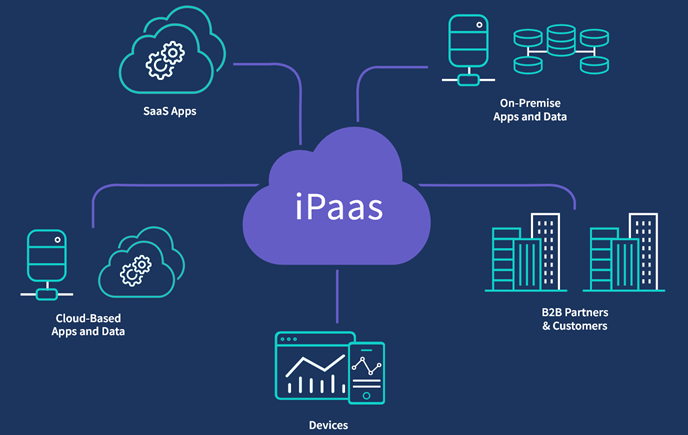Integration Platform as a Service Market Size, Share, and Trends | 2035

The global landscape of Integration Platform as a Service Market Companies is a dynamic and highly competitive ecosystem, composed of a diverse array of players, including large enterprise software giants, specialized pure-play integration vendors, and a new wave of automation-focused platforms. This market is not a monolith but a stratified environment where different types of companies leverage their unique strengths to address the increasingly complex integration challenges of the modern enterprise. At the top tier are the major enterprise software and cloud conglomerates, such as Salesforce (with its MuleSoft Anypoint Platform), Dell (with Boomi), and Microsoft (with Azure Integration Services). These companies have built or acquired powerful, enterprise-grade iPaaS platforms that are designed to handle the most complex, high-stakes, and large-scale integration scenarios. Their offerings are targeted at large enterprises that are grappling with the challenge of connecting a sprawling landscape of legacy, on-premises systems with a growing portfolio of modern, cloud-based SaaS applications, creating a cohesive and agile hybrid IT environment. The Integration Platform as a Service (iPaaS) Market size is projected to grow USD 98.76 Billion by 2032, exhibiting a CAGR of 28.87% during the forecast period 2032.
A second and equally critical category of market participants is comprised of the specialized, pure-play integration vendors. This group includes companies like SnapLogic and Jitterbit, who have built their entire business around the discipline of enterprise integration. Their competitive advantage lies in their deep focus on integration, their ability to innovate rapidly, and their reputation for providing a powerful and flexible platform that can handle a wide variety of integration patterns, from application integration and data integration to B2B and API management. These companies often appeal to enterprises that are looking for a best-of-breed, vendor-neutral integration solution that is not tied to a specific application or cloud ecosystem, providing them with greater flexibility and avoiding vendor lock-in. Their success is a function of their deep technical expertise and their singular focus on solving the integration problem better than anyone else.
Finally, the market has been fundamentally reshaped by the emergence of a new category of "automation-first" and "low-code/no-code" iPaaS platforms, such as Workato and Zapier. These companies are challenging the traditional, IT-centric model of integration by offering a more user-friendly, business-oriented platform that is designed to empower non-technical users to build their own integrations and automate their own workflows. Their value proposition is built on simplicity, speed, and the "democratization" of integration. By providing a massive library of pre-built connectors and an intuitive, drag-and-drop interface, they have made it possible for business analysts, marketing operations professionals, and other "citizen integrators" to automate tasks without having to write a single line of code. This has opened up a massive new segment of the market and has created a powerful disruptive force in this rapidly evolving industry.
Top Trending Reports -
India Artificial Intelligence Based Personalization Market
- Art
- Causes
- Crafts
- Dance
- Drinks
- Film
- Fitness
- Food
- Juegos
- Gardening
- Health
- Home
- Literature
- Music
- Networking
- Other
- Party
- Religion
- Shopping
- Sports
- Theater
- Wellness
